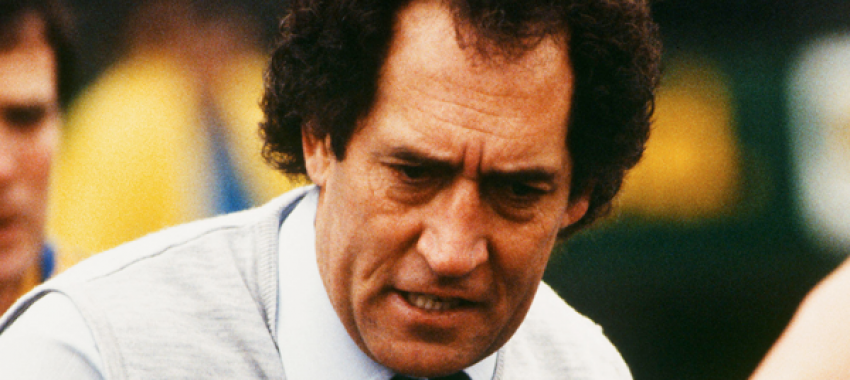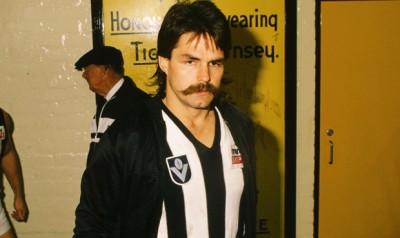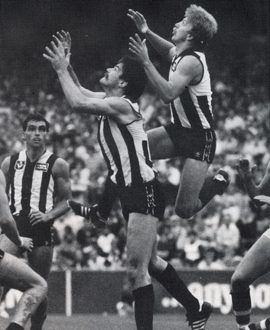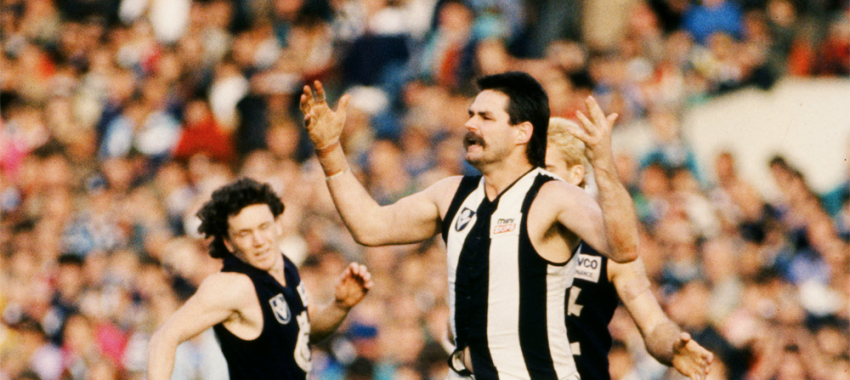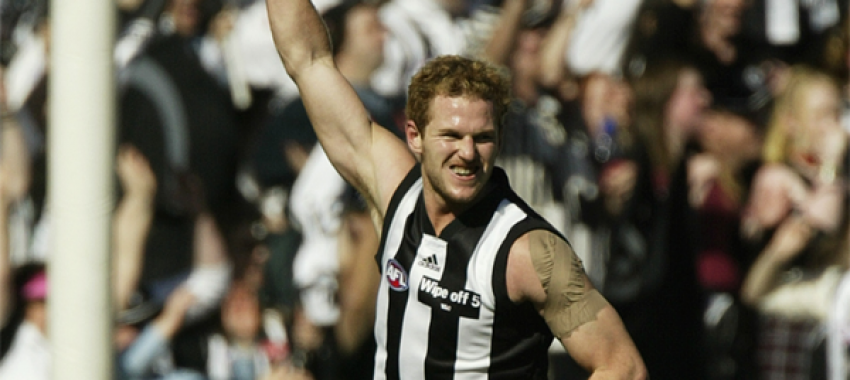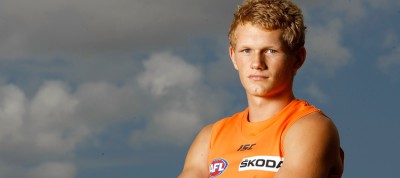Coach: 1983-84
Games coached: 47
Collingwood embarked on a nation-wide search for a coach at the end of 1982, seeking to choose the best possible candidate in Australia as it desperately sought an end to an embarrassing premiership drought.
While some people on the board courting three-time VFL flag-winning coach John Kennedy Sr. (who was offered a contract before it was rescinded) as well as making preliminary enquiries about David Parkin, the final decision came down in favour of a man who had never played or coached in the VFL.
The New Magpies, who had taken over the club after the 1982 election, finally settled on John Cahill, a legendary South Australian player and coach, who hadn’t even applied for the job after it was advertised across Australia.
Instead, Cahill was asked to apply for the position, and he finally agreed to take the position on, mindful that the new board was about to embark on an almost unprecedented recruiting campaign.
When he was appointed, Cahill knew he faced a challenge, but said he looked forward to trying to make his mark on a competition he had watched with interest from afar.
“It was a monstrous decision to make … I am putting myself on the line,” Cahill said. “Collingwood has the players provided they can settle down to the job.
“I’ll cop it sweet if I don’t succeed.”
Cahill clearly defined his style in his early interviews, saying he would not differ too much from the VFL style of the time.
He said: “I am very demanding of my players and myself. I have spoken to the players and I have their respect. My style will be pretty much like that of the Victorians.
“I am a very basic coach – I have a fierce desire to be the best.”
In taking on Collingwood, Cahill would have access to an array of new and recycled talent that would be coming to the club, including David Cloke and Geoff Raines (Richmond), Shane Morwood (Sydney), as well as three potential stars from interstate, Greg Phillips, Mike Richardson and Gary Shaw.
Cahill’s first match would see Collingwood come up against its former captain Peter Moore, who had transferred to Melbourne. It ended with a 10-point win that had Magpie supporters craving more.
The coach said after the match: “It will be a little while before we become consistent. (But) it was a tremendous introduction for me and a great start for the players.
“But one game doesn’t win premierships.”
He was right about that. Collingwood would lose its next four games against Geelong, Carlton, Essendon and Hawthorn to put the club on the back foot for much of the season.
But the Magpies would finish the season strongly to end up only one game out of the finals, after winning 12 of their 22 matches.
Their sixth placing in 1983 was solid, but the club would finish third in Cahill’s second season (1984) – albeit with a massive loss to eventual premier Essendon in the preliminary final.
That was a year in which some of those recruits performed well and the rest of the group clicked.
Collingwood finished fourth on the ladder at the end of the home-and-away season with 13 wins, only percentage behind Carlton.
The Magpies easily accounted for Fitzroy in the elimination final before overcoming the Blues in the semi-final.
That set up a preliminary final showdown with the Bombers, who had finished on top before losing to Hawthorn in the second semi-final.
Unfortunately for Collingwood, and for Cahill, the team that would go on to win the premiership a week later was simply too good for the Magpies, who lost by 133 points.
It was a frustrating end to the season and to Cahill’s coaching time at Collingwood. With his two seasons done, he sent a letter of resignation to the club and headed back home to South Australia.
Thirteen years later, Cahill would coach Port Adelaide – the team who had morphed from the SANFL Magpies into the AFL side known as the Power – in its first match in the national competition.
And that first game would, fittingly, come against Collingwood.
- Glenn McFarlane


